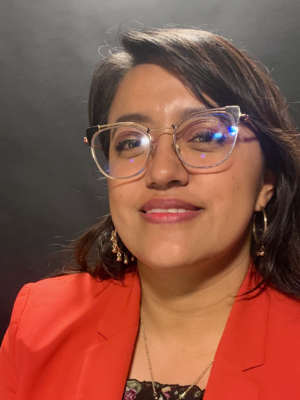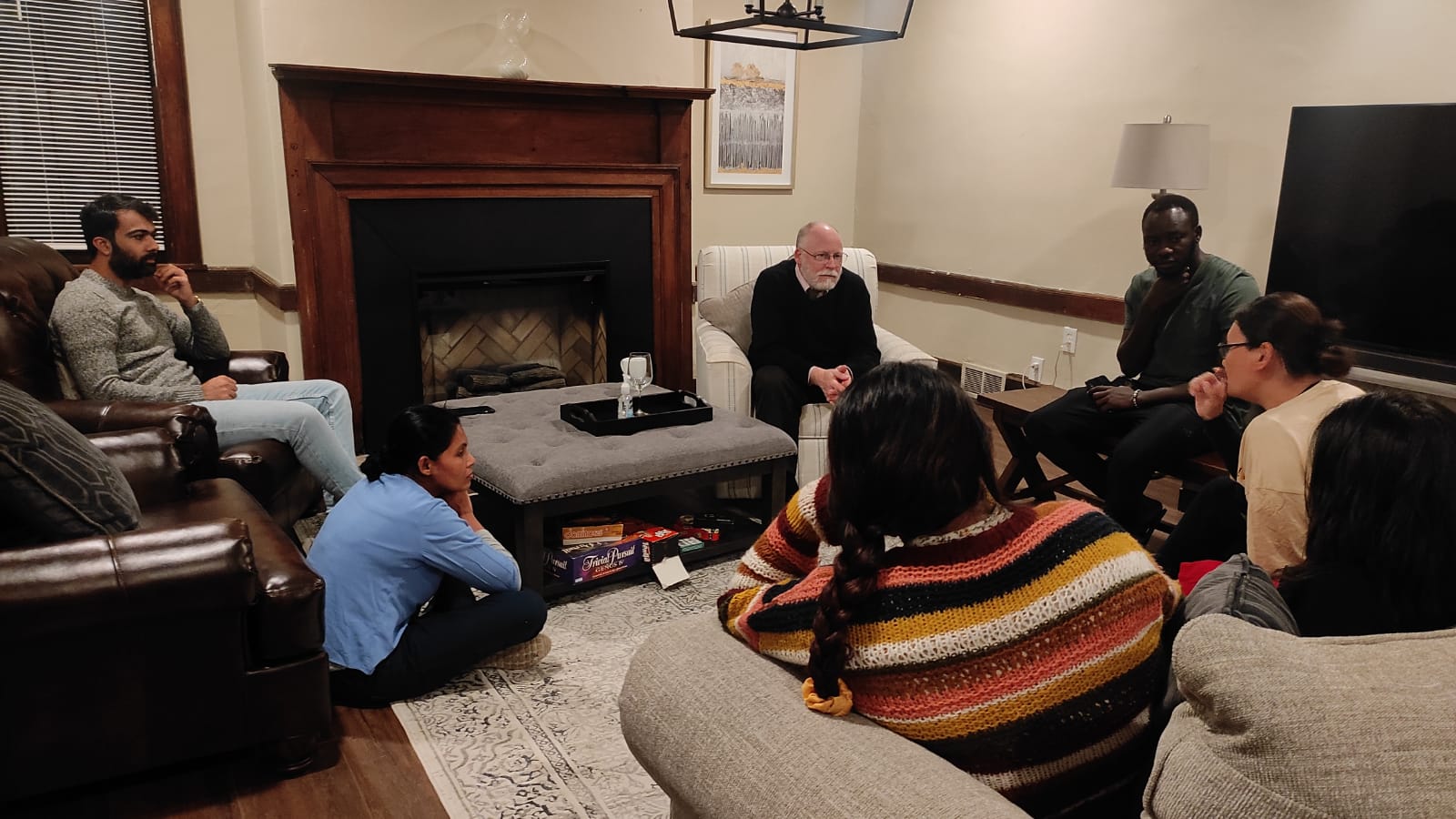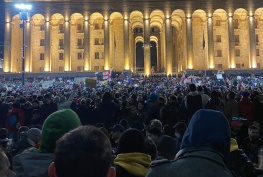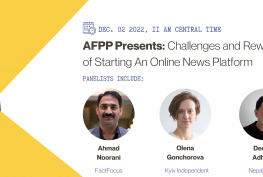 “Hi, I’m Jody García, a journalist from Guatemala, currently working for Plaza Pública and as a stringer for The New York Times. I’m part of the Alfred Friendly Fellowship Program, sponsored by the University of Missouri School of Journalism. As part of this opportunity, I am doing a three-month internship at the Miami Herald/El Nuevo Herald where I’m covering the situation of the Central American communities in Miami.”
“Hi, I’m Jody García, a journalist from Guatemala, currently working for Plaza Pública and as a stringer for The New York Times. I’m part of the Alfred Friendly Fellowship Program, sponsored by the University of Missouri School of Journalism. As part of this opportunity, I am doing a three-month internship at the Miami Herald/El Nuevo Herald where I’m covering the situation of the Central American communities in Miami.”
This is how I have introduced myself to dozens of people over the last two months. Saying it fills me with pride. On April 23, after many months of waiting due to the pandemic, I landed at the airport in Columbia, Missouri. On my phone I had the instructions for the start of this three-month program and my backpack was full of new notebooks to write down the learnings and experiences of this time.
Months before this moment, I had seen the profiles of the other fellows and tried to memorize their faces to be alert to find them during the trip. That’s how I met Indunil Usgoda Arachchi, a Sri Lankan journalist, at the Columbia airport. At that moment I knew that the adventure had begun. Together we found David Reed, the director of this program, with whom we spent months exchanging emails about the fellowship.
Indunil and I were the first to arrive at the house where we would stay for the next ten days. That afternoon we saw the other fellows arrive one by one. By midnight that day there were already eight of us in that house, exhausted from the trip but full of excitement at finally meeting each other.
India, Sri Lanka, Bhutan, Nepal, Bangladesh, Russia and Guatemala. This program was full of diversity. That allowed me to get to know new cultures and also understand that although with different characteristics, independent journalists face the same threats in different parts of the world.
When our classes started, I learned a lot from the intercultural relations session with Professor Shawn Bates. His lessons helped me to have a more grounded vision of what I could expect during my time in the United States, how to introduce myself and build better relationships with the people around me.
 I had some very deep thoughts about what my job at the Miami Herald newsroom would be like when all of us fellows had a long conversation with James Wright, Deputy Editor in Chief, South Asia section of the Organized Crime and Corruption Reporting Project. His advice on how to function in the journalistic world of the United States stayed with me throughout this time.
I had some very deep thoughts about what my job at the Miami Herald newsroom would be like when all of us fellows had a long conversation with James Wright, Deputy Editor in Chief, South Asia section of the Organized Crime and Corruption Reporting Project. His advice on how to function in the journalistic world of the United States stayed with me throughout this time.
The classes on fact checking, investigative journalism, data journalism and audiovisual journalism gave me tools that I will continue to practice and apply throughout my career and that will help me find new ways of telling stories. In this part I highlight the cha-cha-cha technique to edit videos in an interesting and attractive way for the audience.
After the training days, I said goodbye to the fellows to start the second part of this opportunity. I traveled to Miami to settle there for three months and work with El Nuevo Herald/Miami Herald covering the Central American communities of this city.
Although the newsroom is not open, through video calls, voice calls and emails I was able to feel a warm welcome from the team. One of my first assignments was to tell the story of Central American migrant women who clean luxury buildings in Miami, earning the lowest minimum wage in the United States in this sector.
It was interesting to report this story because usually in Guatemala we read and listen to the stories of migrants when they leave the country and part of their journey as undocumented, but not much is known about what happens when they arrive in the United States.
I was impressed with the story of these migrant women because despite the adverse conditions in which they find themselves, they are fighting for their labor rights, to improve their living conditions and specifically to increase the minimum wage.
Along the same lines, I met Sergio, a 19-year-old Guatemalan who recently arrived in Florida after having crossed Mexico and the border desert with only a backpack and a cell phone, with which he took videos to tell his story on YouTube. Although he is new to this city and lives hidden from the immigration authorities, his case serves to illustrate how the precarious social situation forces young people to flee my country, Guatemala.
This approach to the reality experienced by millions of people in Central America helped me to think of new ways of doing journalism, to find ways to incorporate data and, above all, to collaborate with other media outlets outside the region so that the reports have a greater impact.
It has been a little over two months since I arrived in the United States to be part of this prestigious program and the entire experience has exceeded my expectations. I have learned about new technology to do journalism; I lost my fear of Excel and Google Sheets, and I made new contacts that will allow me to take my coverage beyond the borders of the country.
I am very excited about what awaits me in the last days of the program and I am already very proud to be an Alfred Friendly Fellow.
[Here’s a link to Jody’s most recent article in the Miami Herald, about a corrupt former minister in Guatemala who laundered money in Miami]

OCCRP’s James Wright speaks with Fellows about U.S. newsroom practices (Jody seated in foreground)





